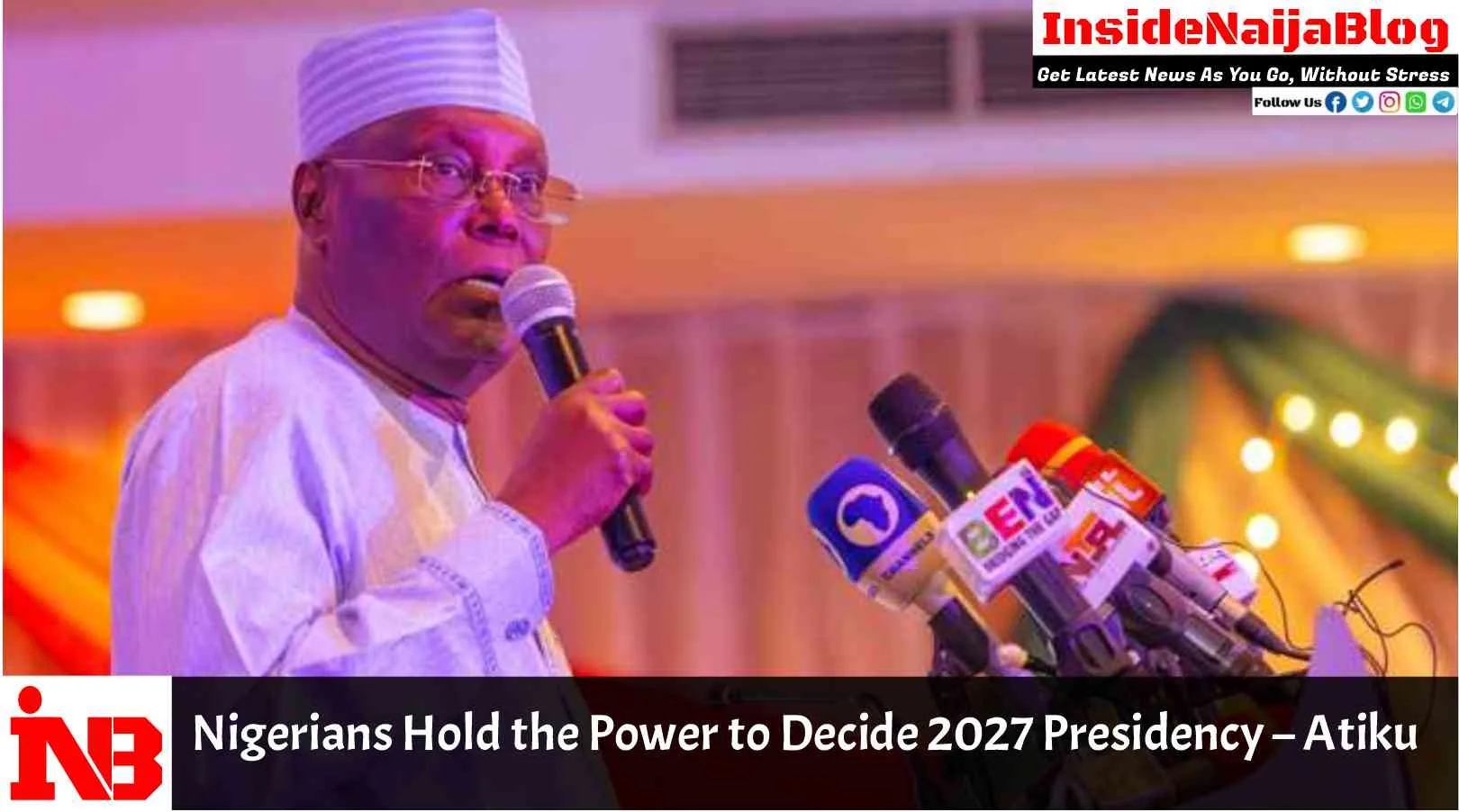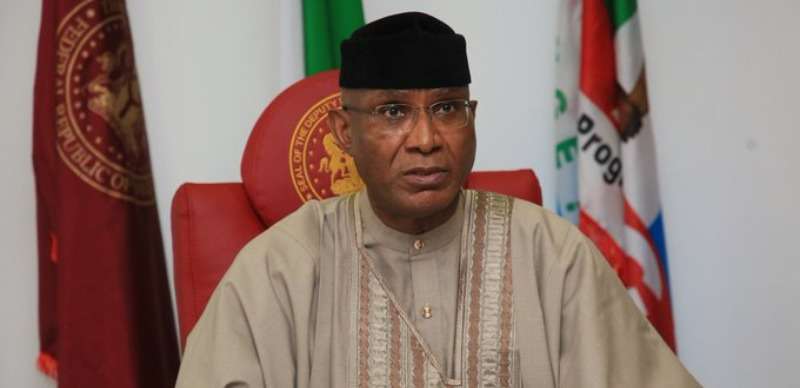Former Vice President Atiku Abubakar has asserted that the decision on who becomes Nigeria’s president in 2027 lies squarely in the hands of the Nigerian people, rejecting claims that President Bola Tinubu’s second term is a certainty.
Atiku Reacts to Akume’s Comments
Atiku’s response came after Senator George Akume, Secretary to the Government of the Federation (SGF), declared that Tinubu’s re-election in 2027 was assured. Akume argued that equity demands Tinubu, a southerner, should complete a second term, as the northern region has already had its fair share of leadership.
Challenging this assertion, Atiku’s Special Adviser on Media, Paul Ibe, questioned the fairness of Akume’s remarks in a post on X (formerly Twitter). “Where, then, does true equity and fairness reside?” Ibe asked, pointing to the historical imbalance in Nigeria’s leadership between the North and South.
Leadership Balance: North vs. South
Ibe highlighted that by 2027, the South would have held Nigeria’s presidency for 17 years:
- Olusegun Obasanjo: Eight years.
- Goodluck Jonathan: Five years.
- Bola Tinubu: Four years (assuming he completes his first term).
In contrast, the North would have held the presidency for only 11 years:
- Umaru Yar’Adua: Three years.
- Muhammadu Buhari: Eight years.
This six-year gap, Ibe argued, underscores an imbalance in leadership tenure between the regions, raising questions about equity in the country’s power distribution.
The People’s Decision
Atiku and his media team emphasized that the ultimate power to decide Nigeria’s leadership in 2027 rests with its citizens. They pointedly questioned whether Tinubu’s administration has earned the right to a second term.
“But has the Tinubu government demonstrated that it deserves to be re-elected?” Ibe asked rhetorically, concluding with a bold statement: “The answer, alas, is as clear as the heavens themselves—God forbid!”
A Call for Accountability
This debate highlights the broader issue of governance and accountability in Nigeria. Atiku’s comments reflect a call for citizens to critically evaluate the performance of the current administration before making decisions in 2027.
While some argue for continuity for the sake of regional equity, others stress that the true measure of any government’s eligibility for re-election should be its ability to deliver results and meet the needs of the people.
As Nigeria prepares for future elections, the conversation underscores the need for leadership rooted in fairness, competence, and service to the nation.




